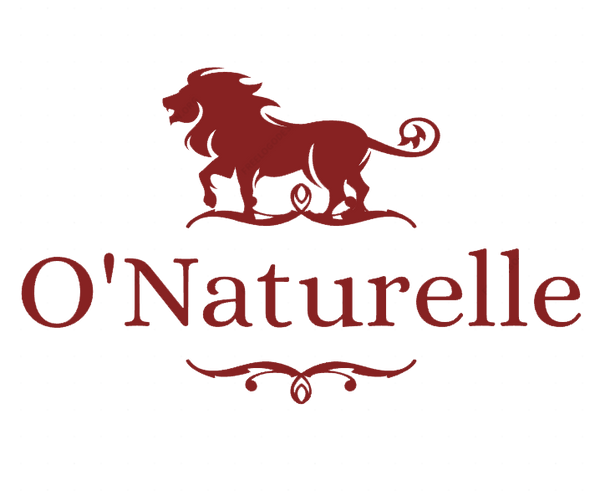Our Story

The name offered me duality — French for “natural”, and a common fraise I heard growing up from my father on our outdoor expeditions when showering in the lake or brushing our teeth with baking soda.
These meticulous and passionately hand-made products I create were founded on the suffering of dry skin, itchiness, and eczema. Something that 1 in every 10 people will experience in their life.
Surely, endless medical creams and concoctions for more than a decade with zero improvements wasn’t something to just accept as a way of life? Or maybe it was… Maybe that’s what many of us have done.
It doesn’t feel like there’s enough time in a day to read the back of every product label when walking down the aisle, let alone understand what those scientific names mean.
Is that just our laziness, maybe some delusion, or is that the intent of multi-billion dollar companies to avoid consumer education? It seems like a bit of a grey area... On one hand, labeling the ingredients with their scientific names makes perfect legal sense, but providing what those ingredients actually mean, makes moral sense. What do our national health-governing departments care about, legality or morals? Show me how much money is to be made and I’ll give you that answer.
But I don’t want to play the blame game.
My journey started with olive oil soap made in France back in 2020 — Savon De Marseille. It came with a creamy lather and immediate results, but an odd scent — something I had no problems accepting.
On my holistic path of understanding nutrition, there were evidential differences between what meat could provide us that plants couldn’t, and vice versa (tallow includes omega 6 and 9, whereas olive oil includes omega 3).
I was fortunate enough to be recommended [at that time] a newly discovered “tallow soap bar” from a local farm — albeit around for centuries — by a friend who shared a similar quest for knowledge. Again, the results were immediate and noticeably different. Not life-changing differences by any means, in comparison to olive oil soap (at least not immediately), but certainly apparent.
How could it be, that a century-old recipe that hasn’t been in the mainstream media or cosmetic industry in our lifetime, is a byproduct of “waste” for butchershops around the world which has been rediscovered as “liquid gold”...
Shortly after my first 8 bars were used up, that farm stopped taking emails and phone calls. So through soap forums, YouTube, and trial and error, I learned to make them myself. I wouldn’t settle on the creams and concoctions anymore.
What started as a few batches (maybe 50 bars a year) — for friends, family, and my own use — quickly became a product that I felt was “gate-kept” from the world. It wasn’t something I not only wanted to share but felt as if it were a disservice to society had I not.
While that may sound extreme, the compounding effects of our individual efforts to improve the world one way or another are exactly what pushes humanity further. Something that has been neglected because of corporate greed and profiteering for the last 100+ years.
While I believe that changing daily-use products and rediscovering our ancestral ways of living can be life-changing, I more firmly believe that educating people on how these commonly used and uncommonly questioned products are both composed and what impacts they have on our health is imperative in making your own informed decision.
Sure, tallow soap alone has made a tremendous impact on me, but your decision isn’t my responsibility nor concern, but rather offering you the information to make your own choice — whatever that may be — is.
Natural and/or organic products tend to come with a relatively higher price tag, too. They’re slower to manufacture and their ingredients are slower to yield. How do you cut costs? You cut corners. And that’s exactly what the industry has done.
We live in an economy of uncertainty, but certainly with financial struggle for many. My priority has always been to find a median where an organic product that may not be in your realm of possibilities to test — let alone use consistently — is available. That’s why they’re priced as one of the most affordable tallow soap bars on the market. Perfection is rare in hand-made products, which is why I don’t cut and shave bars to make them look pretty. They cure however the personality of the oil decides, they’re boxed, and they’re shipped to customers. I’d rather a 140oz bar than a groomed 105oz one — a 25% increase, in a world of shrinkflation. At the end of the day, it’s a bar of soap, not a Gucci mink coat.
F*ck corporate greed, f*ck the lies, f*ck their manipulations and selling tactics.
I’ll live the O’Naturelle way.
Adam, Tyler Durden, sometimes both.

